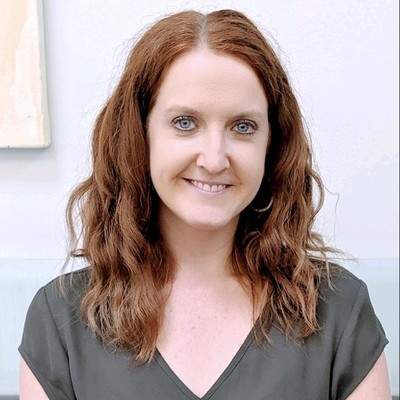Many businesses won’t get professional help with their Google advertising until things go wrong.
Sometimes it’s the result of the business owner rolling up their sleeves and giving themselves a crash course in Google advertising.
Or sometimes it’s the result of the marketing manager giving an inexperienced junior marketer the massive task of managing paid search.
Either way, before long, they become discouraged with their results.
At that point, some businesses will shut down their programs, concluding that Google advertising “just doesn’t work for us.”
Others will eventually decide to bring in an experienced Google Ads expert to see if they can reverse the downhill slide.
Neither of these approaches are ideal.
They result in more frustration and wasted resources than if these businesses had brought in a Google advertising expert earlier.
Which is why we always recommend consulting with an unbiased Google Ads expert (not a Google Ads rep!) BEFORE you go too far down the PPC road (or before you set off down that road at all).
Recently, a woman-forward B2B company did exactly that by giving us a call.
The mother-daughter duo had been slowly setting up their digital marketing, learning as they went.
And they didn’t wait for things to go drastically wrong before turning to us for some feedback.
This is how we proceeded—and what we found.

Website review
This B2B has no bricks-and-mortar locations, so having a smart-looking, well-performing website is essential for their success.
We found that their site was clean and nicely designed. Important information was clearly communicated, which was great.
Best of all, the site made it easy for prospective customers to reach them by either calling or completing a form.
So they’d done an excellent job in this department.
SEO support
We were also glad to learn that the B2B is working with an SEO company.
The combination of their user-friendly website and SEO efforts will pay dividends in the long run.
Further, this one-two combination will also support their Google advertising efforts, especially when their ads AND organic listings take up valuable real estate at the top of SERPS.
Conversion tracking
Next, we took a look at the B2B’s conversion tracking, and we immediately found a problem.
They were reporting a huge number of leads that seemed unrealistic.
Turns out, the B2B was counting every visitor to their contact page as a conversion, regardless of whether those visitors completed the contact form or not.
Thankfully, the B2B was already aware of this problem. They had taken steps to rectify it by asking their developers to create a thank you page and track that instead.
It was great to see the B2B had already identified this issue. It’s always super important to track what you THINK you’re tracking and not something else.
Because if you get that wrong, you’ll make important decisions about keywords and targeting based on false data.
In addition, correct conversion tracking is also necessary to feed accurate information to Google’s AI. Google relies on this information for automated bidding, including setting bids competitively and impressioning ads appropriately.
Other Google Ads issues
As we dove deeper into the B2B’s Google Ads account, we started to identify other problem areas, such as:
- Keyword targeting: The account had duplicate keywords targeting the same locations, potentially causing multiple ads to impression at the same time for some audiences.
- Negative keywords: Keywords were negated at the adgroup or campaign level, when they could have been negated much more efficiently at the account level. Additionally, negative keywords were set to broad match, which was probably negating more keywords than they intended.
- Audiences: Audiences weren’t set for observation or used as a targeting method.
- Dynamic Search Ads: Dynamic search ads weren’t used. (We later learned they’d struggled to set up dynamic search ads and ultimately abandoned them.)
It’s not unusual to find these, and similar issues, in newer (and even established) Google Ads accounts.
That’s because Google has been making it easier and easier for inexperienced advertisers to create a Google Ads account, build a few ads, and start advertising.
This sounds great in theory, but it often results in inexperienced advertisers lining Google’s pockets with very little payback.
Thankfully, this B2B was still getting leads with Google Ads in spite of these challenges.
Even so, they had the wisdom and foresight to check in with us to see what they could be doing better.
We’re so glad they did.
Because the issues we identified, once corrected, will do a lot to keep them going in the right direction.
It’s Never Too Early or Late to Get Google Ads Advice
You don’t have to wait for things to go wrong before getting a second opinion on your Google advertising (and I don’t mean a sales pitch that’s thinly veiled as an audit, either).
Instead, hire an unbiased professional to help you set things up correctly and double check what you’ve done so far.
Also, you shouldn’t have to commit to a six- or 12-month engagement. Keep it short.
Once things are on track, you can return to managing things yourself or passing it to another member of your marketing team if you want.
Or, you may decide to keep working with the Google advertising professional—especially when the results they get with them easily covers their fees.






